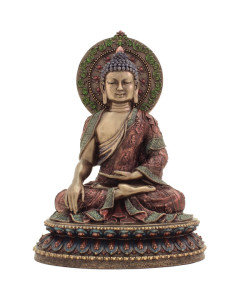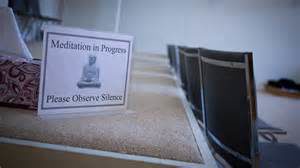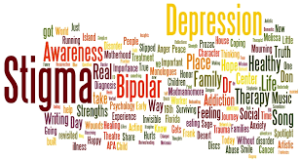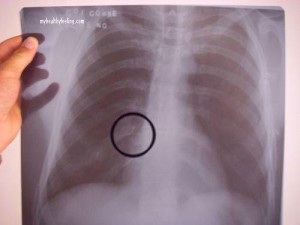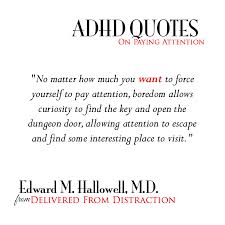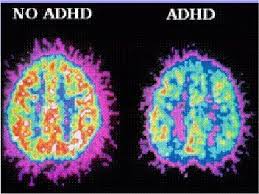My Meditation Practice
As I mentioned in the last post, for years I was unable to meditate. I have Attention Deficit Disorder (ADD) and as soon as my eyes closed my brain would go into high gear. The idea of meditation is to let those thoughts go so you can be aware in the moment. For ADD’s, the moment is often chaos, with thoughts leaping from subject to another, or hyper focus, with the thoughts totally engaged on one topic or task.
After a diagnosis and treatment, I can meditate. Now meditation is not spending all one’s time in the moment. At first and often those thoughts arise and with my addictions, they can be compelling. So, sit, watch my breath, the thoughts arise, I let them go, and they arise again. It can be excruciating, dealing with all that meaningless thought. I find a prayer helps me instead of just focusing on the breath.
Paradoxically, my prayer is Christian. At its core, Buddhism is essentially atheistic and in my view a psychology, not a religion, being 2500 years old from a culture soaked in religion, it adopted all the trappings. I grew up nominally Christian and became a toung-talking holy roller Christian in my forties. I don’t do that so much any more, but Jesus is in my life to stay.
I use the Jesus Prayer, an ancient Eastern Orthodox prayer dating back to the desert fathers. “Lord Jesus Christ, son of God, have mercy on me, a sinner.” The most famous book about the prayer, “The Way of a Pilgrim“, suggests starting with 3000 repetitions per day. I recite the prayer a lot, but never 3000 times. I sit, start praying, and time the words with my breath. When those thoughts rise, as they always will, I return to the prayer. Those times of being in the moment come, and I drop into watching my breath. Thoughts arise and I gently return to the prayer.
I find the moments of stillness are slowly growing. I also find the poisonous thoughts are diminishing. When poisonous thoughts about pretty girls arise, I pray for them. “May she be happy, may she be free, may she be safe”. Then back to the Jesus Prayer until more thoughts arise.
The thoughts aren’t just about pretty girls, I find myself planning, plotting, reviewing past mistakes, feeling guilt or shame; being angry, sad, sick, hurting, happy, horny, old, tired, loving, lonely, excited, the entire range of feeling and thought. All that stuff comes from my past or is about the future. Thus, they are all meaningless. The past is gone, and the future is unknown.
All there really is is the moment. My brain tends to disagree. I experience all those thoughts and feelings as real because they are wired neural connections. The task of meditation is to rewrite those connections so I can spend more time in the moment.
Now, lots of those connections are important. I need food, shelter, my long baths, some rags on my back, all the stuff of daily living. I don’t need Donald Trump or the Kardashians. I mention those because I was in the doctor’s office yesterday reading those stupid magazines. Why didn’t I have my book or just pray?
I find myself wanting to meditate more. The toxic thinking is diminishing, although lots of people continue to be prayed for. I have purged the computers, my library, don’t watch the wrong television or movies, and am able to spend more time in the moment (still not much time, alas).
Next is some retreats. Retreats last from one day up. I have done them in a Christian context and found them useful. I am looking at attending a four day retreat in the mountains. There are lots of retreats available, mostly led by Dharma teachers who are therapists or in other helping professions. Retreats allow intensive meditation with little interruption from the outside world. I need that.
